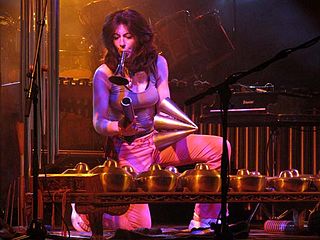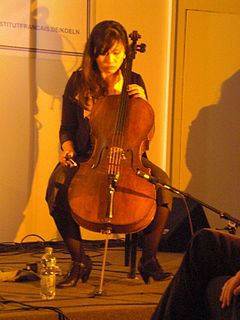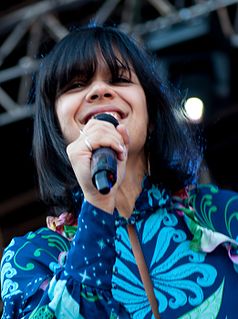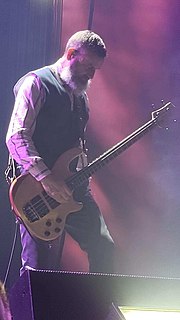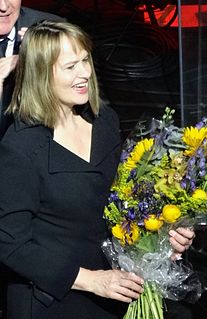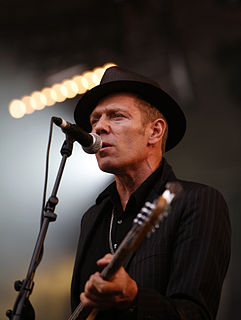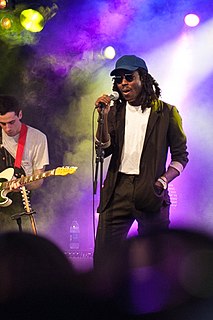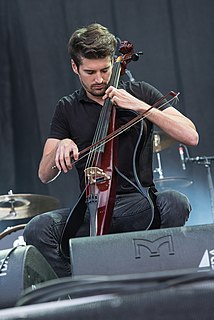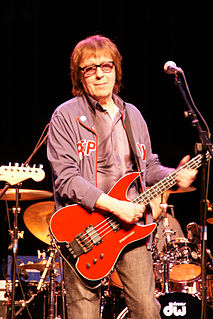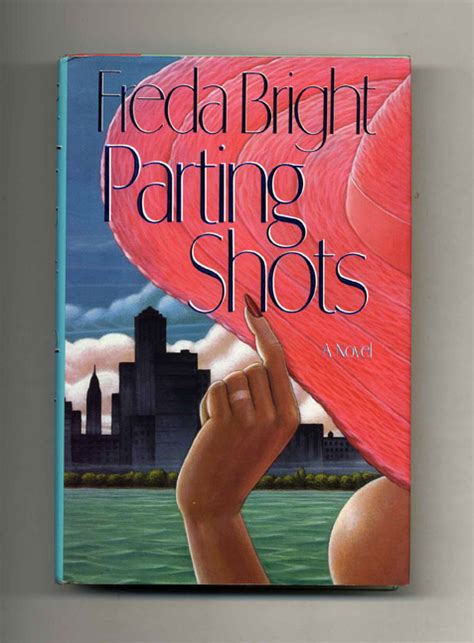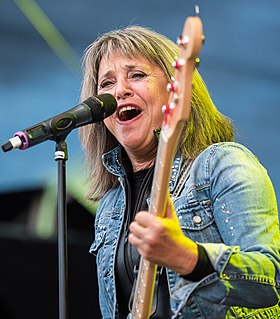A Quote by Evelyn Glennie
I often play on the cello-bass side of the orchestra, because I prefer the deep sounds. I can't hear the violins well.
Related Quotes
Deep Listening is listening in every possible way to everything possible to hear no matter what you are doing. Such intense listening includes the sounds of daily life, of nature, or one's own thoughts as well as musical sounds. Deep Listening represents a heightened state of awareness and connects to all that there is. As a composer I make my music through Deep Listening
In the late 1600s the finest instruments originated from three rural families whose workshops were side by side in the Italian village of Cremona. First were the Amatis, and outside their shop hung a sign: "The best violins in all Italy." Not to be outdone, their next-door neighbors, the family Guarnerius, hung a bolder sign proclaiming: "The Best Violins In All The World!" At the end of the street was the workshop of Anton Stradivarius, and on its front door was a simple notice which read: "The best violins on the block."
